#ReaCT2021 – Kosovo’s experience in repatriating former foreign fighters
by Matteo Bressan, SIOI
 While most European countries have been reluctant to repatriate their citizens, who have joined the Islamic State (IS) terrorist group in Syria and Iraq, the Kosovo government has taken a different path, repatriating dozens of people with the intention to reintegrate them into society. In April 2019, Kosovo repatriated 110 citizens, including men, women and children, becoming one of the few countries that repatriated its own citizens who had fought for the Islamic State. About 403 Kosovars are estimated to have joined the conflict in Syria and Iraq; among these 255 men and the rest women and children. Nearly half traveled before IS declared its caliphate in June 2014, joining various militia groups that tried to overthrow the Assad regime. Another wave subsequently joined and those who traveled after June 2014 are believed to have joined the IS directly. About 76 children with at least one Kosovar parent were born in conflict zones.
While most European countries have been reluctant to repatriate their citizens, who have joined the Islamic State (IS) terrorist group in Syria and Iraq, the Kosovo government has taken a different path, repatriating dozens of people with the intention to reintegrate them into society. In April 2019, Kosovo repatriated 110 citizens, including men, women and children, becoming one of the few countries that repatriated its own citizens who had fought for the Islamic State. About 403 Kosovars are estimated to have joined the conflict in Syria and Iraq; among these 255 men and the rest women and children. Nearly half traveled before IS declared its caliphate in June 2014, joining various militia groups that tried to overthrow the Assad regime. Another wave subsequently joined and those who traveled after June 2014 are believed to have joined the IS directly. About 76 children with at least one Kosovar parent were born in conflict zones.
The flow of foreign fighters from Kosovo was quite high given the size of the overall population (about 1.8 million), while the percentage of its Muslim citizens was relatively low. In addressing the threat of foreign fighters, Kosovo has opted for a combination of punitive measures, rehabilitation and reintegration measures. In 2015, Kosovo became the first Western Balkan country to adopt completely new legislation to ban participation in armed conflicts outside the country, making joining foreign conflicts punishable by up to 15 years in prison.  The Kosovo Criminal Code, amended in 2019, covers all aspects of terrorist financing and contains new legal provisions relating to false documents used for travel for terrorist activities, thus facilitating the identification and capture of terrorists. In addition to these measures, anticipating the possible return of citizens from conflict zones, as early as 2017, the Kosovo government had begun to implement a plan to address the challenges related to repatriation. Most of the women and children exhibited symptoms of post-traumatic stress disorder (PTSD), and many, including six injured children and several women with severe health problems, needed medical attention. Although Kosovar courts are accusing an increasing number of women, as well as men, of terrorist-related offenses, their sentences remain lighter than for their male counterparts. The overwhelming majority of repatriated males were persecuted and those who were convicted served an average of 3/5 years in prison. Repatriated children are seen as victims and it is estimated that specific actions will need to be taken to address the trauma, determine their nationality and establish custody, as well as address the potential risk of social alienation.
The Kosovo Criminal Code, amended in 2019, covers all aspects of terrorist financing and contains new legal provisions relating to false documents used for travel for terrorist activities, thus facilitating the identification and capture of terrorists. In addition to these measures, anticipating the possible return of citizens from conflict zones, as early as 2017, the Kosovo government had begun to implement a plan to address the challenges related to repatriation. Most of the women and children exhibited symptoms of post-traumatic stress disorder (PTSD), and many, including six injured children and several women with severe health problems, needed medical attention. Although Kosovar courts are accusing an increasing number of women, as well as men, of terrorist-related offenses, their sentences remain lighter than for their male counterparts. The overwhelming majority of repatriated males were persecuted and those who were convicted served an average of 3/5 years in prison. Repatriated children are seen as victims and it is estimated that specific actions will need to be taken to address the trauma, determine their nationality and establish custody, as well as address the potential risk of social alienation.
In most cases, families have welcomed their return and this has facilitated the government’s action. In other European states, the reintegration process was not so natural. This could be at least in part due to the fact that in other European states many of the citizens who left to fight in Syria and Iraq were immigrants, often with dual citizenship of the state of the European Union and of another country, and therefore are not seen as “real” citizens worthy of repatriation and reintegration. In the case of Kosovo, on the other hand, they are seen simply as Kosovars.[1].
[1] T. Avdimetaj e J. Coleman, What EU Member States can learn from Kosovo’s experience in repatriating former foreign fighters and their families, International Centre for Counter – Terrorism, 20 maggio 2020









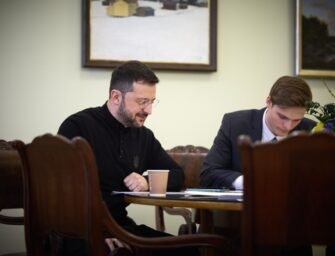
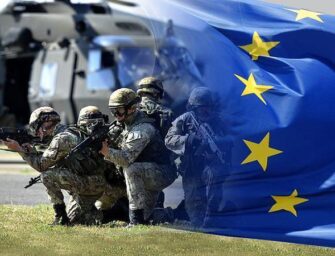








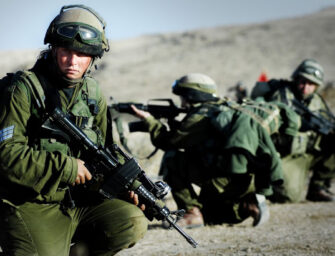



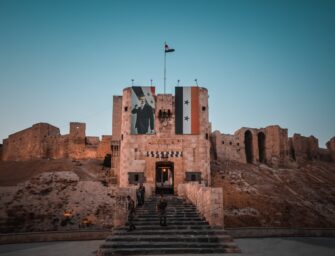



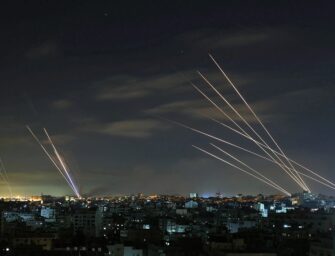

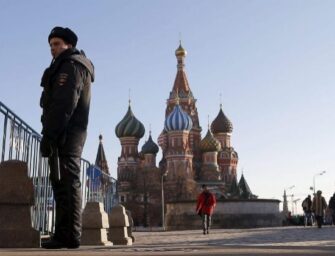
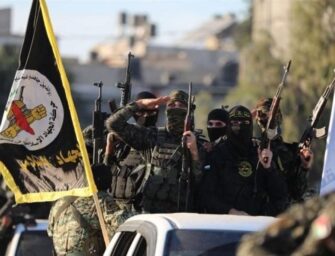
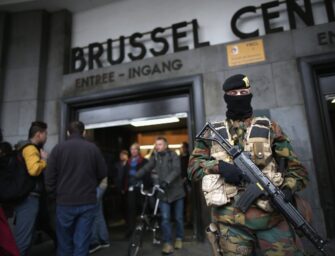


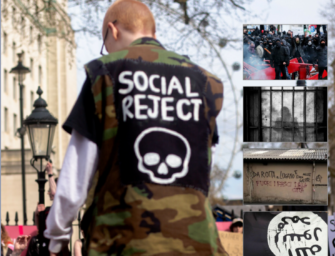
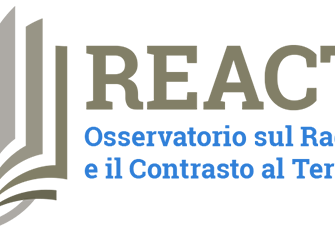
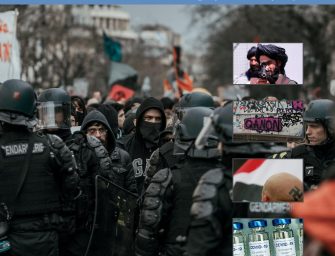


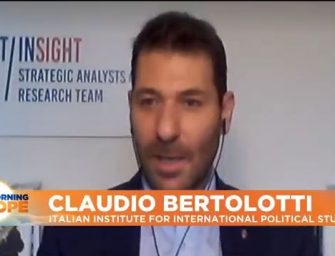

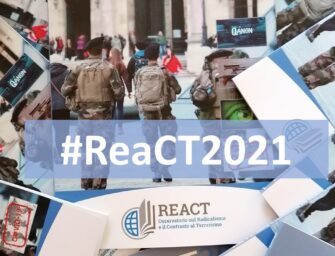
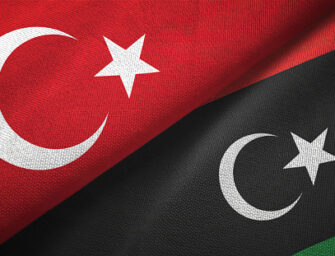
There are no comments
Add yours